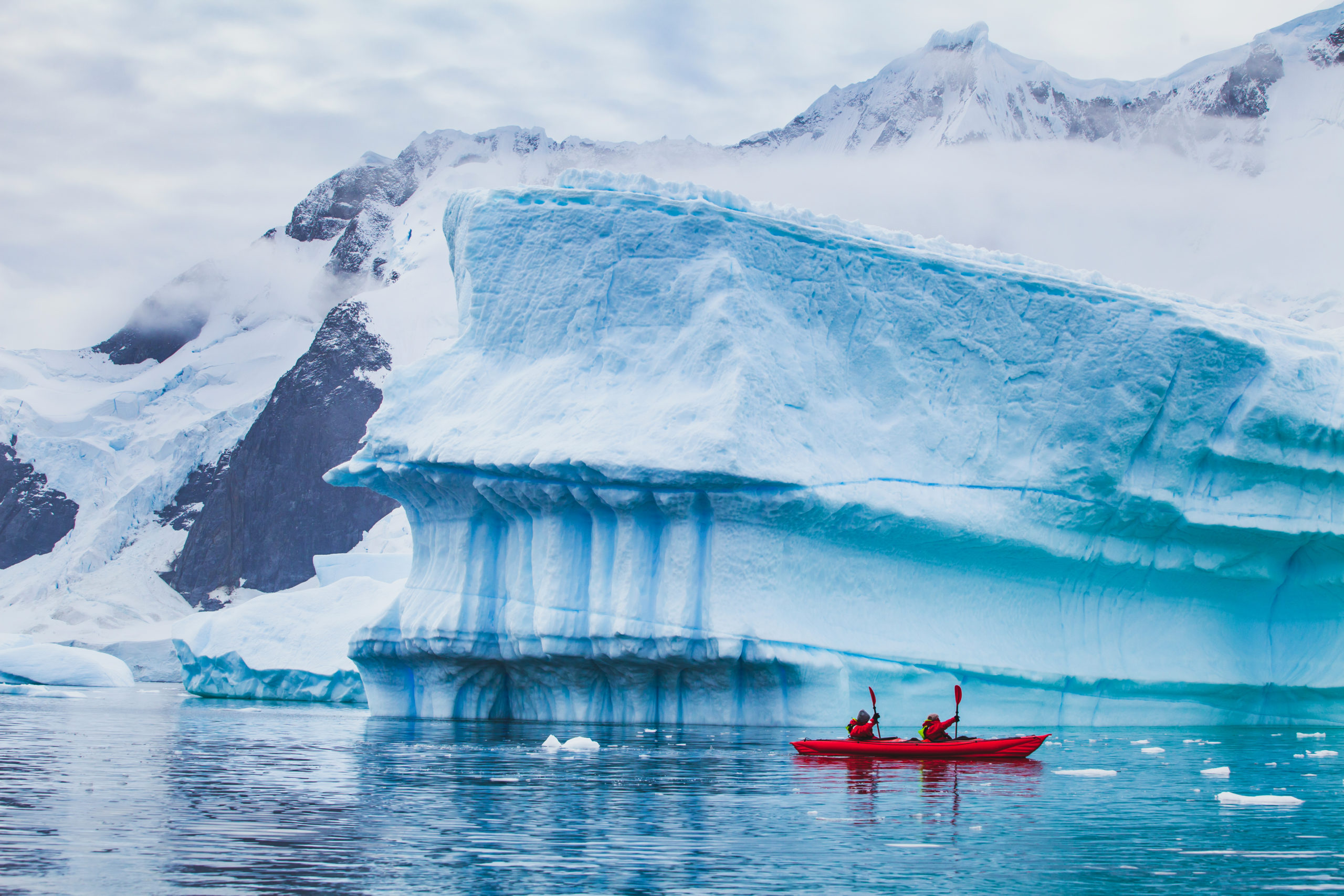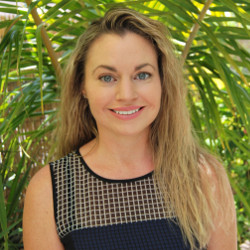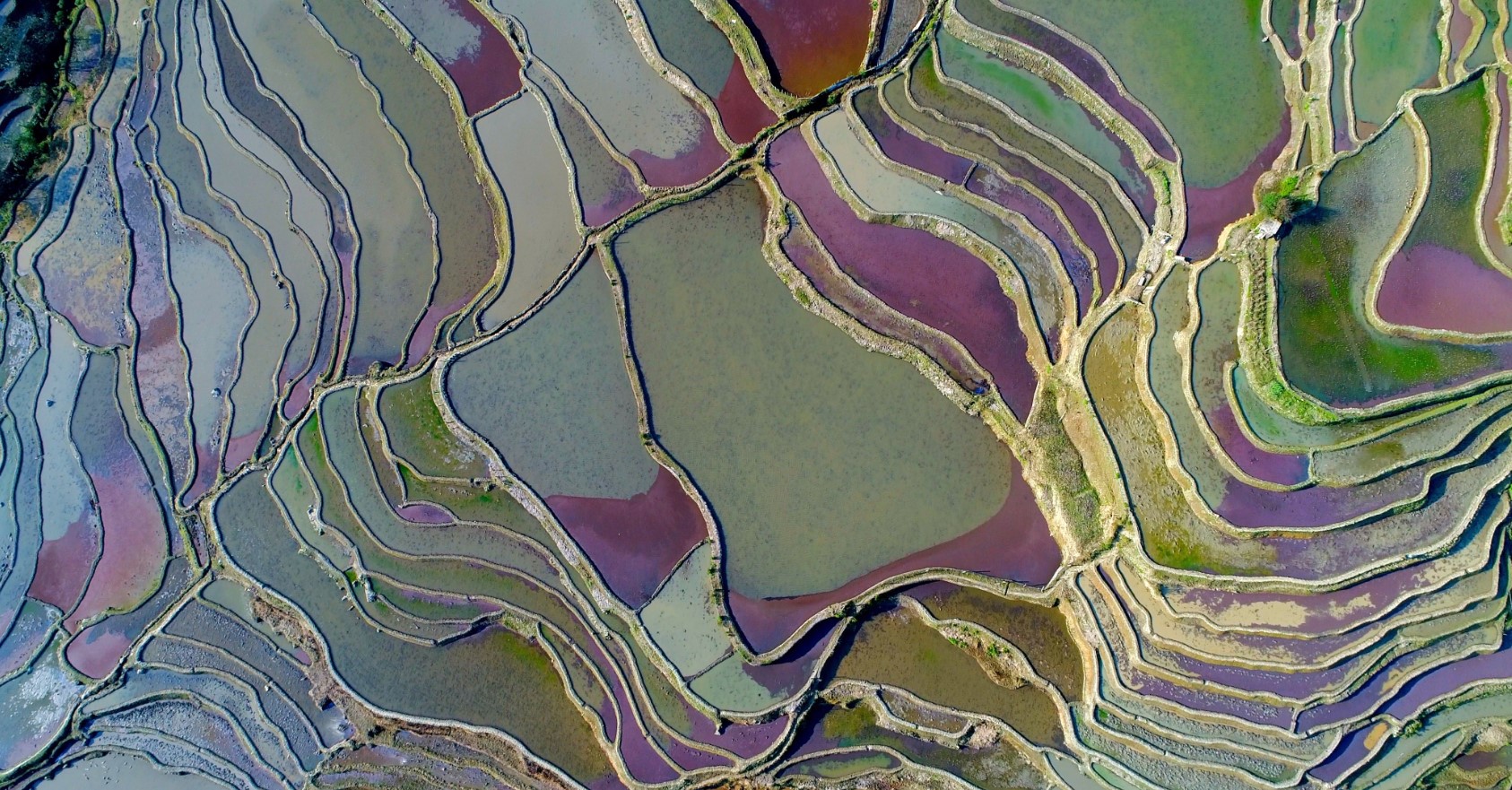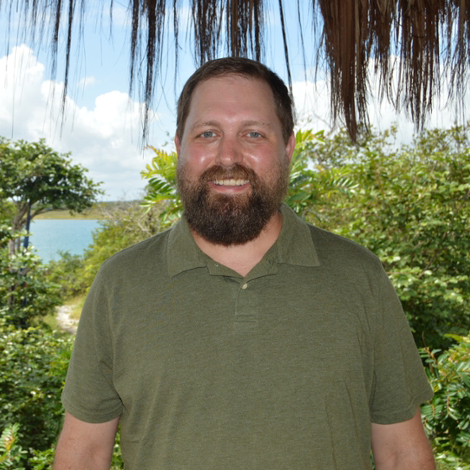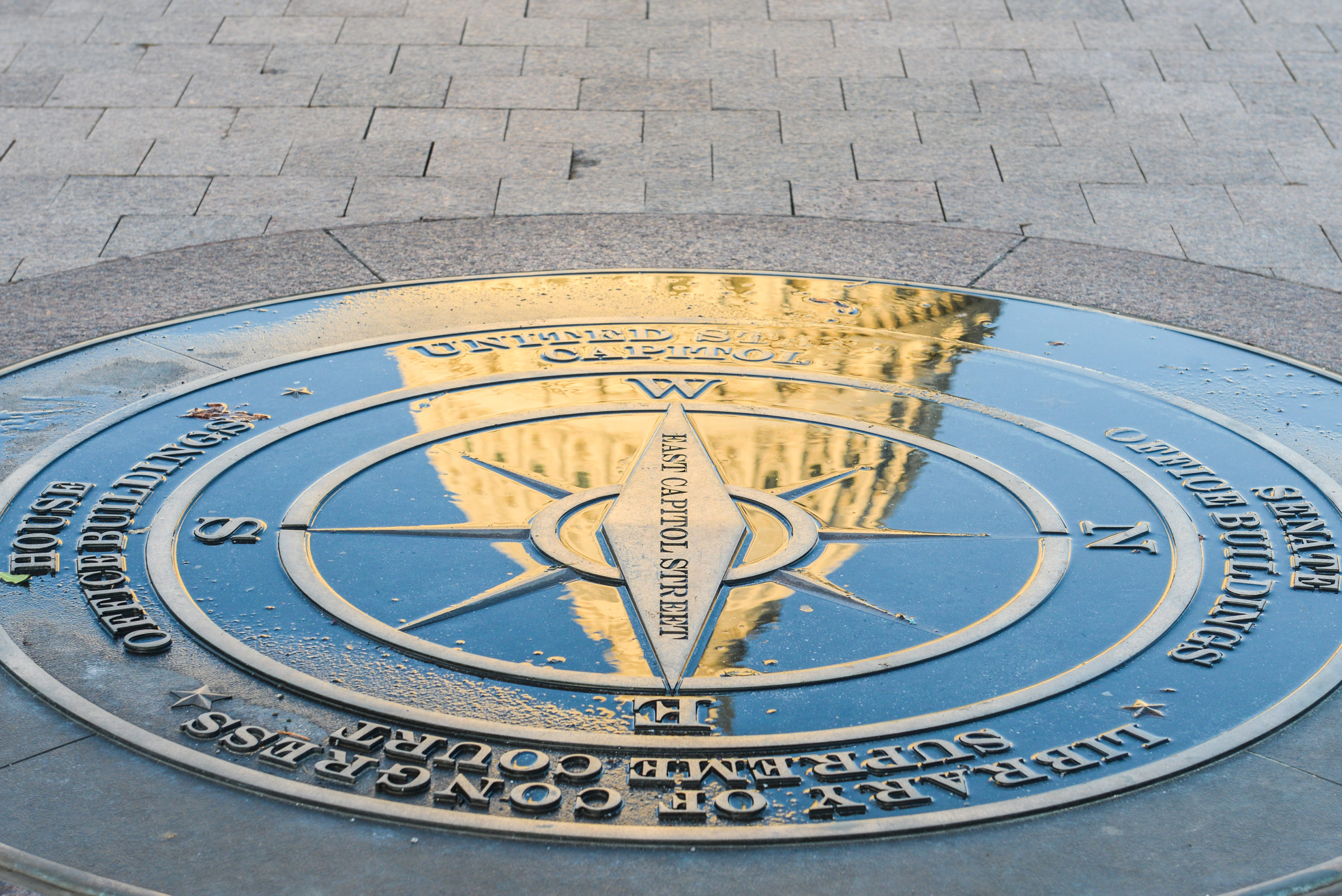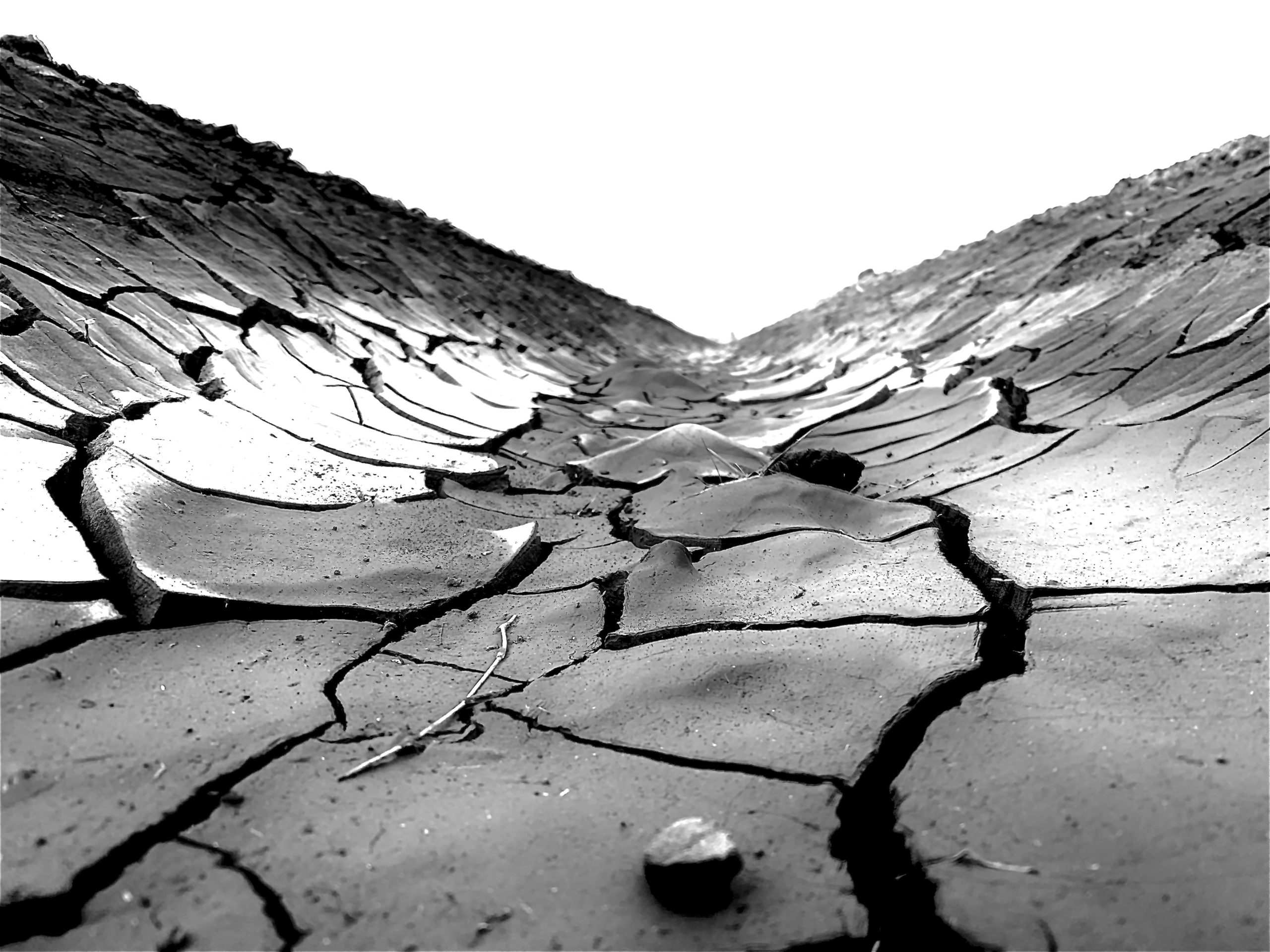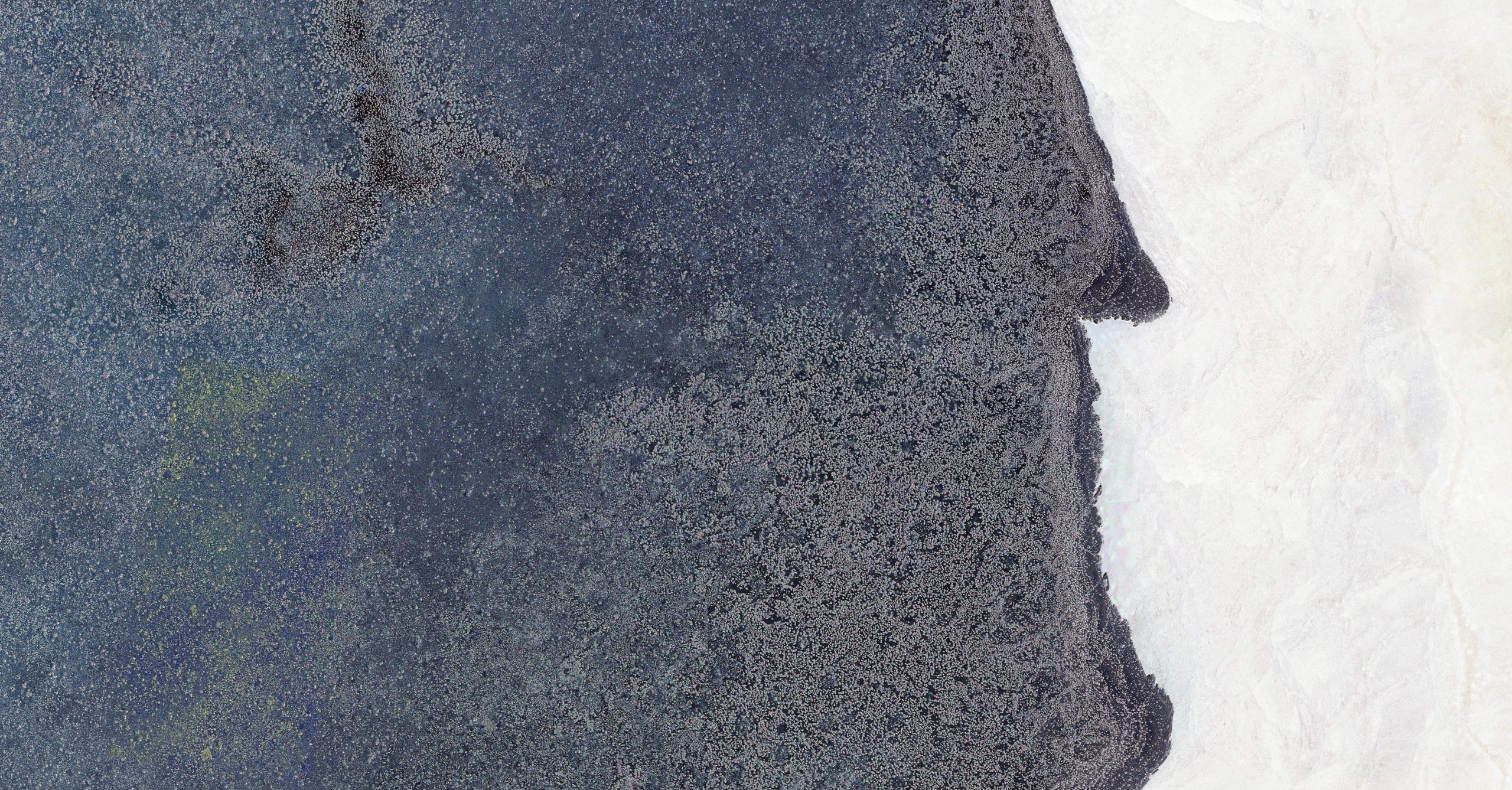Advance Your Career with a GFDA Workshop
Advance Your Career with a GFDA Workshop
Department heads, new deans, emerging leaders, early career individuals — develop the tools you need to do your job, network with peers, and learn from top leadership professionals in our webinar series.
AAG 2025: Save the Dates
AAG 2025: Save the Dates
AAG's annual meeting will take place in Detroit March 24-28, 2025. More information will be coming soon and throughout the summer to help you plan for this big event.
Support the Next Generation of Geographers
Support the Next Generation of Geographers
Your gift to the AAG Student Travel Fund will help students enrich their research, network with geographers from around the world, and connect with potential employers at the annual meeting.
Catch up on Annual Meeting Content
Catch up on Annual Meeting Content
Did you find it hard to fit in all of the annual meeting sessions you wanted to see? Or, did you want to revisit a favorite presentation? Registered attendees can view recorded sessions from AAG 2024 through July 1. Browse the list in this calendar view or filter for specific recorded sessions.
MEMBER BENEFITS
Uniting geographers worldwide
We’re here to support the worldwide community of geographers. That’s why our members get access to people, resources, and events that enhance their careers—and advance the discipline. Here is a glimpse at some of our member benefits:
-
Find exclusive jobs
-
Connect with like minds
-
Access events
-
Join interest groups
-
Grow with mentors
-
Share your work
AAG EVENTS
Enhance your skills and advance your career
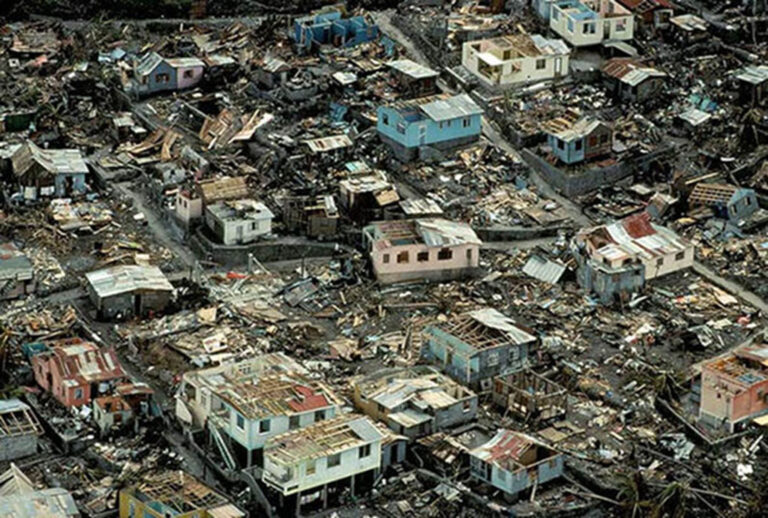
2024 Symposium on Hurricane Risk in a Changing Climate
Future Annual Meetings
Detroit, MI
March 24-28, 2025
San francisco, CA
March 17-21, 2026
New York, NY
February 8-12, 2027
Explore our shared geographies
Learn About AAG
CAREERS
Ready to change the world?
Start here.
Now more than ever, our planet needs geographers who can understand and express the complex relationships between people and places. Geographers like you. Whether you’re just getting started on a career in geography, or looking for your next job, we’re here to help.
View CareersTHE LAY OF THE LAND
Keep up to date with geographers working in the field
More Resources?
From stories to news to journals and events, we invite you to seek new information from our digital shelf.
